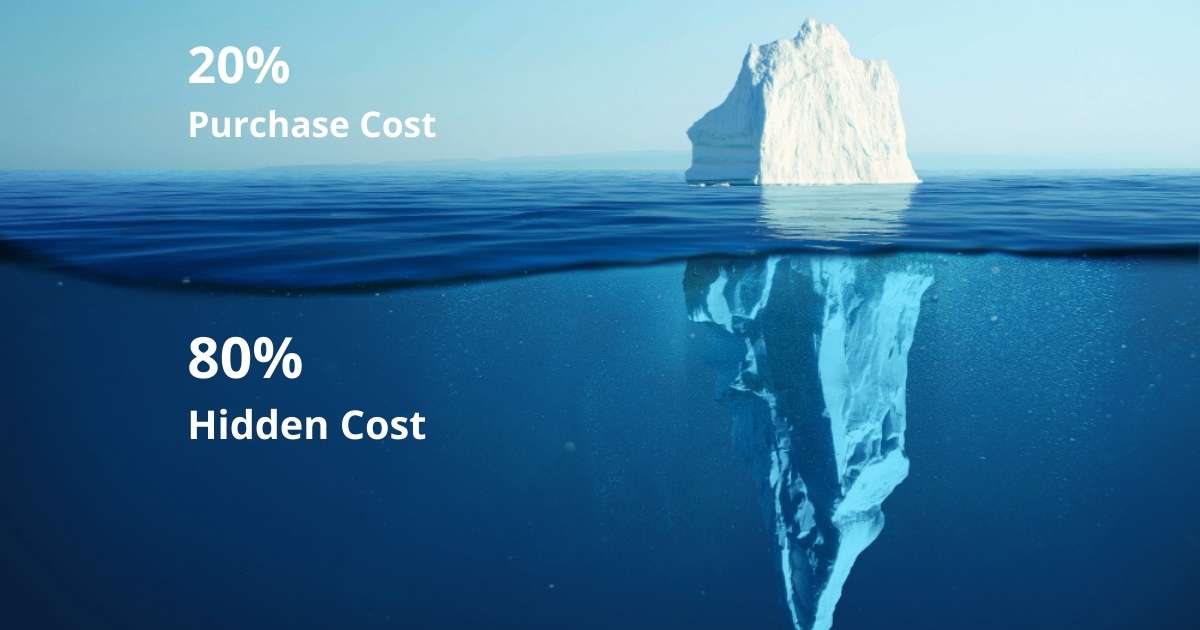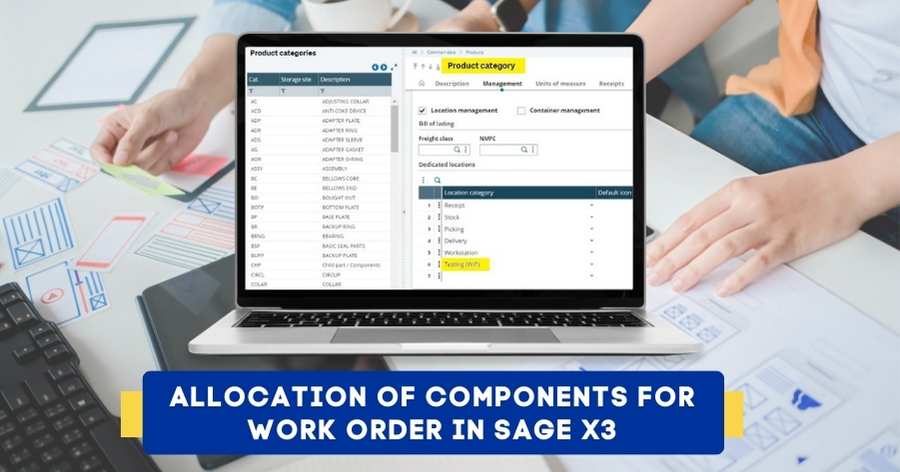Asset management is important because it helps a company monitor and manage their assets using a structured approach. If managed effectively, the benefits include improvements to productivity and efficiency which places a business in a better position to increase their return on investment.
Capital work in progress, or CWIP, is an asset account on the balance sheet. It’s used to record current costs related to long-term projects, such as constructing a new building. Once the project is finished, the costs are moved to a property, plant and equipment asset account.
Process is as followed; first Purchase invoice is booked at that time WIP Ledger is impacted.
Proceeding further if you decide to put the asset in to use you need to transfer balances from WIP Ledger to asset account.
In Sage X3 this Asset Transfer process is carried out as below.
1. Creating purchase invoice for expense creation
Fig 1 – Purchase invoice screen
For your reference we have highlighted the account i.e. 2101010011 CWIP Account.
Fig 2 – Journal traceability (Purchase Invoice screen)
Refer the highlighted area where you can see we have posted the purchase invoice and system has generated an expense.
2. Capitalizing asset through asset capitalization screen by selecting expense entry created in purchase invoice
Fig 3 – Asset capitalization screen
Refer the above figure for Asset capitalization – Here we have selected the expense which is generated from purchase invoice.
3. Asset creation
Fig 4 – Asset creation screen
Please refer the above screen where we have created the Asset with Depreciation Method as SA.
Fig 5 – Asset screen before changing accounting code
For your reference we have created the asset with the accounting code as CWIP.
We have highlighted it in the above Fig 5
4. If you decide to put the asset in to use you need to transfer balances from WIP Ledger to asset account, this process is carried in Sage X3 as follows.
Changing accounting code to different account – by selecting Change the acct allocation in side bar of asset creation screen.
Fig – 6 Asset screen
Fig – 7 Asset screen – Change the acct allocation
5. Now you can observe in the below screen Asset is transferred from CWIP to Boiler.
Fig 8 – Asset screen after changing accounting code
6. After all the above steps we have run the depreciation and still the amount which was debited to CWIP Account is still lying in the same account.
Our goal is to transfer the amount which is lying in CWIP to Asset account which was selected at the time of ACCOUNT ALLOCATION MODIFICATION.
7. Now we will go to Fixed assets Processes Generation of accounting entries and select year, company, site and accounting entry type as FASCHGIMP – to run the utility of account transfer to transfer amount which is lying in CWIP to asset account
Fig 9 – Generation of accounting entries screen
Note: – Perform step 8 in simulation first to check if impact you need is generated correct or not.
8. System would generate final journals impact would be as follows.
| Account | Debit | Credit | Description |
| 2101010011 | 10000 | FA origin account | |
| 2101010004 | 10000 | FA destination account |
Fig 10 – Log reading of generation of accounting entries screen (Simulation)
After Performing step 8 in simulation impact would be as shown in the above figure.
Fig 11 – Log reading of generation of accounting entries screen
After Performing step 8 unticking the simulation impact would be as shown in the above and below figure.
Fig 12 – Log reading of generation of accounting entries screen
In this blog we have learnt how to capitalize an asset from CWIP status.
At Sage Software Solutions (P) Ltd., we are home to world-class ERP software and CRM software that will solidify your business tech support fundamentals and enable you to build a customer-centric organization.





